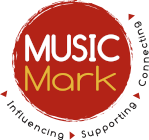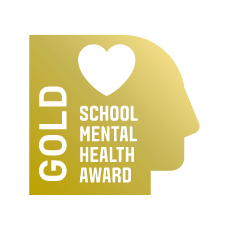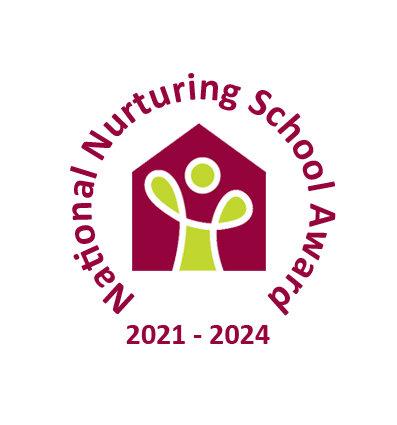School Attendance
Usually when a child shows signs of minor illness that are non covid-19 related symptoms, they can still
come to school. The information below will help you to decide whether your child needs medical attention.
Please use this as a guide.

| Ailment | Can a child usually come to School | How to treat a child’s ailment | When you need to take your child to the doctor (out of School hours) |
|
Symptoms of COVID-19 The main symptoms of coronavirus (COVID-19) are:
|
No | Anyone with COVID-19 symptoms or a positive test result should stay at home and self-isolate immediately. If you have symptoms of COVID-19, you should arrange to have a PCR test as soon as possible. This still applies even if you have received one or two doses of the COVID-19 vaccine. The Government has issued advice and guidance on when to stay at home to support the prevention of the virus spreading. More information can be found here: www.gov.uk/coronavirus |
If you, your child or anyone else in your household has symptoms of COVID-19, please do not visit your doctor or pharmacist – stay at home and use the NHS 111 online service at 111.nhs.uk for urgent medical advice. However, if you are worried about your child or feel their life is at risk, you should call 999 or go to your local A&E or urgent care centre as you normally would. |
| Headache | Yes | Put a cool, moist cloth across their forehead or eyes. Get them to breathe easily and deeply. Encourage them to eat or drink something (not drinks containing caffeine) | If painkillers don’t help, or if the headaches are interfering with School work. Please check the leaflet before administrating painkillers to your child. |
| Stomach Ache | Yes | Give them clear fluids, such as water, broth, tea or fruit juice diluted with water. Serve bland foods like toast, pasta, rice. Have them to try to pass a stool. |
They seem to be getting worse rather than better. |
| Cold Sores/Mouth Ulcers | Yes | Apply ice or a warm washcloth to the sores to help ease their pain. Avoid giving your child acidic foods e.g. Citrus fruits or tomato sauce. Your local chemist may be able to advise on products to help. | They don’t heal by themselves within 7 to 10 days. They have sores near the eyes or get cold sores/ulcers frequently. |
| Acne | Yes | Ensure they wash their face once or twice a day with warm water and a mild soap or cleanser. Don’t let them pick, squeeze or pop pimples. | If the acne is particularly sore and seems to be getting worse not better. |
| Period Pains | Yes |
Put a hot water bottle (wrapped in a tea towel on their tummy). Get them to take a warm bath or shower to relieve pain and help them relax. Light circular massage around their lower abdomen may also help relieve pain. Administering pain relief (in the form of paracetamol etc) can help. Please check the leaflet before administrating painkillers to your child |
If they have severe period pain or their periods become heavier than usual or irregular. |
| Head Lice/nits | Yes | You can use medicated sprays and lotions that kill head lice in all types of hair, you can buy these from the chemist, supermarket or online | You do not need to go to the doctor if your child has head lice/nits |
| Allergies/Hay Fever | Yes | Hay fever can usually be controlled using medication from the chemist |
If their symptom’s are troublesome as they may require medication. |





